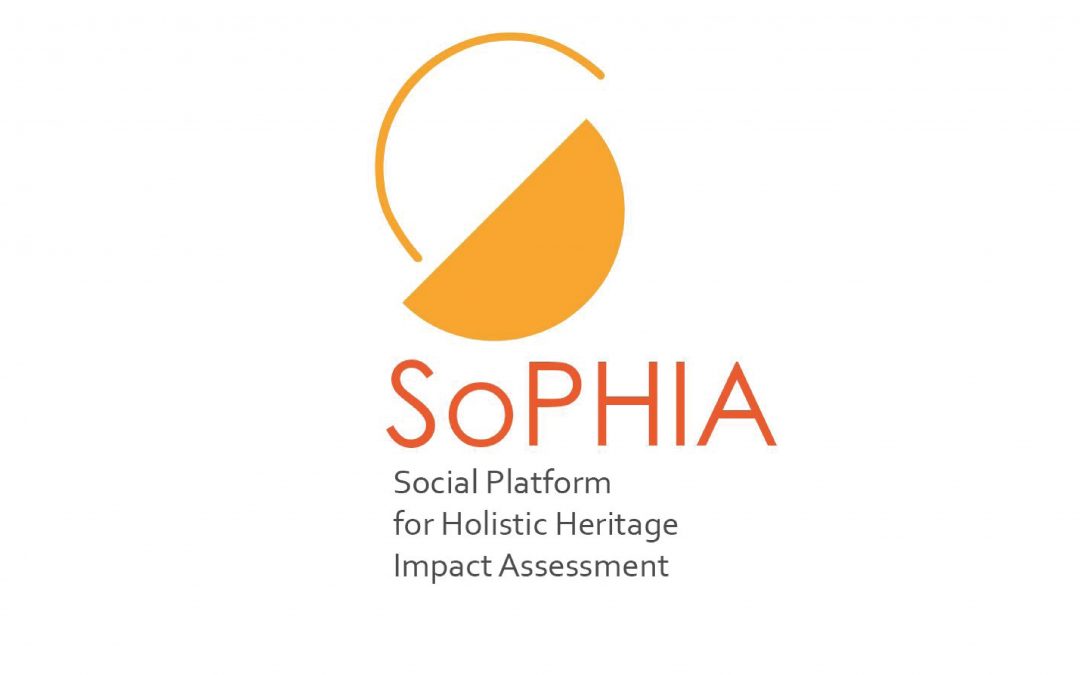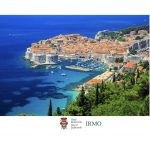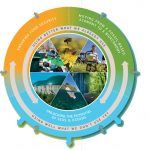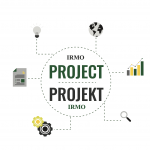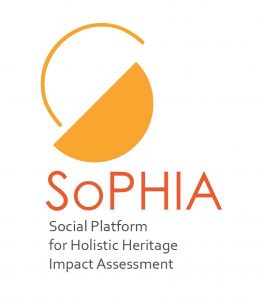
Project duration: 01/01/2020 – 31/12/2021 (contract signed on 11/2019)
Client: European Commission, H2020 (TRANSFORMATIONS-16-2019)
IRMO team leader: Aleksandra Uzelac, PhD
The SoPHIA project consortium includes 7 partners: Universita Degli Studi Roma Tre – Roma3 – consortium coordinator (Italy), Fundació Interarts per a la cooperació cultural internacional – Interarts (Spain), Stichting European Museum Academy – EMA (Netherlands), EDUCULT – Denken und Handeln in Kultur Und Bildung (Austria), National Technical University of Athens – NTUA (Greece), Dun Laoghaire Institute of Art Design and Technology – IADT (Ireland) and IRMO. IRMO is in charge of coordinating WP3 (Recommendations and agenda setting), and participates in research activities in all work packages.
Within SoPHIA, the consortium aims at creating a Social Platform, a vast and diverse community of stakeholders from different fields and disciplines interested in interventions in historical environment and cultural heritage sites in Europe, that will work together towards the definition of quality standards and of guidelines for future policies and programmes.
With the constant active participation of the social platform, our work on the research and policies developed in this field will be organized around four main analytical dimensions – social, cultural, economic and environmental impact – which constitute perspectives to identify the most important challenges and opportunities linked to cultural heritage interventions in Europe. We will structure the analysis through a targeting process in two stages: a first exploration of the general topic and the current situation as regards policies, assessment and quality of interventions, including best practices, and the creation of a draft holistic impact assessment model; and a second moment that involves going into specific topics in depth by analysing specific case studies selected during the first phase to confirm or adjust the first phase findings. The second stage will analyse case studies with the model based on 3 axes: people, domains and time.
The final step of the project will consist in synthetizing the findings against the results of the analyses performed and drafting recommendations for both practitioners and policy makers for the future of good quality interventions in cultural heritage. The analysis and policy papers will focus on European heritage, however, the final aim is to propose models and standards that can potentially be applied internationally.
News:
-
-
-
ROME-SoPHIA Final Conference in Rome: Social Platform for Holistic Heritage Impact Assessment
- SOPHIA project first deliverable – D 1.1 Review of Research Literature, Policy Programmes and (good and bad) Practices
- The SoPHIA project joins forces with two eu-funded projects on cultural heritage
-
SoPHIA Virtual Workshop “Towards a Holistic Heritage Impact Assessment Model” held
-

